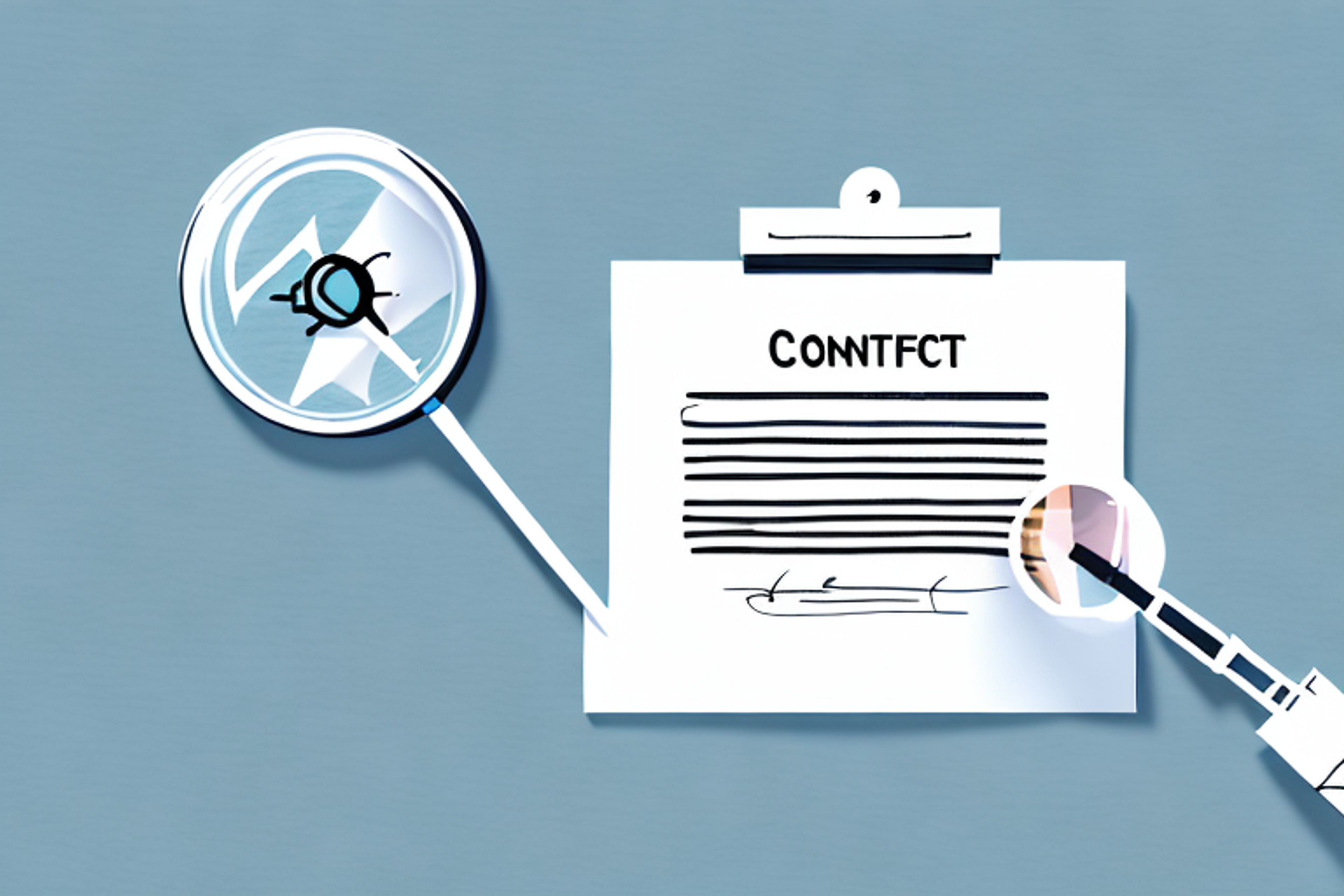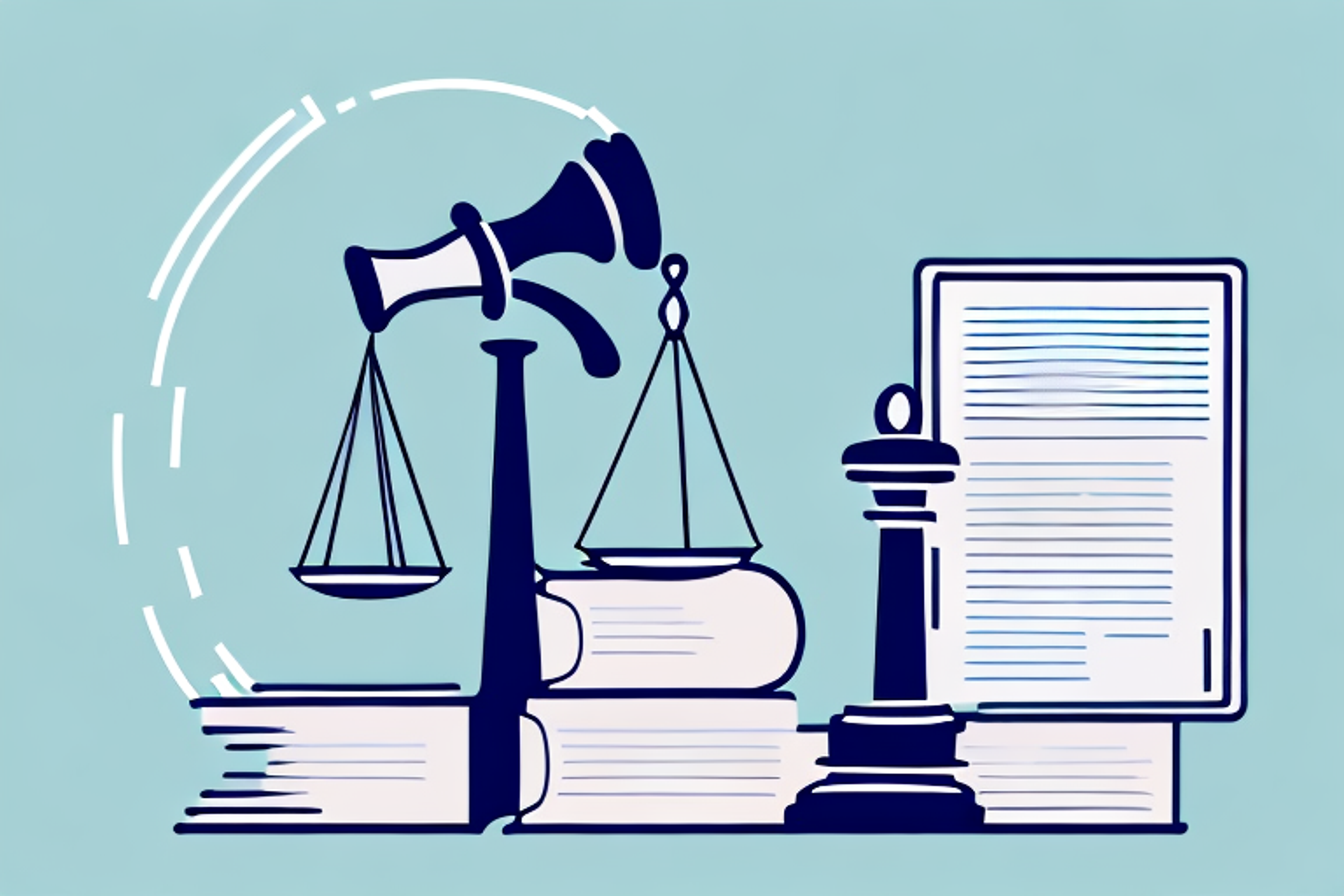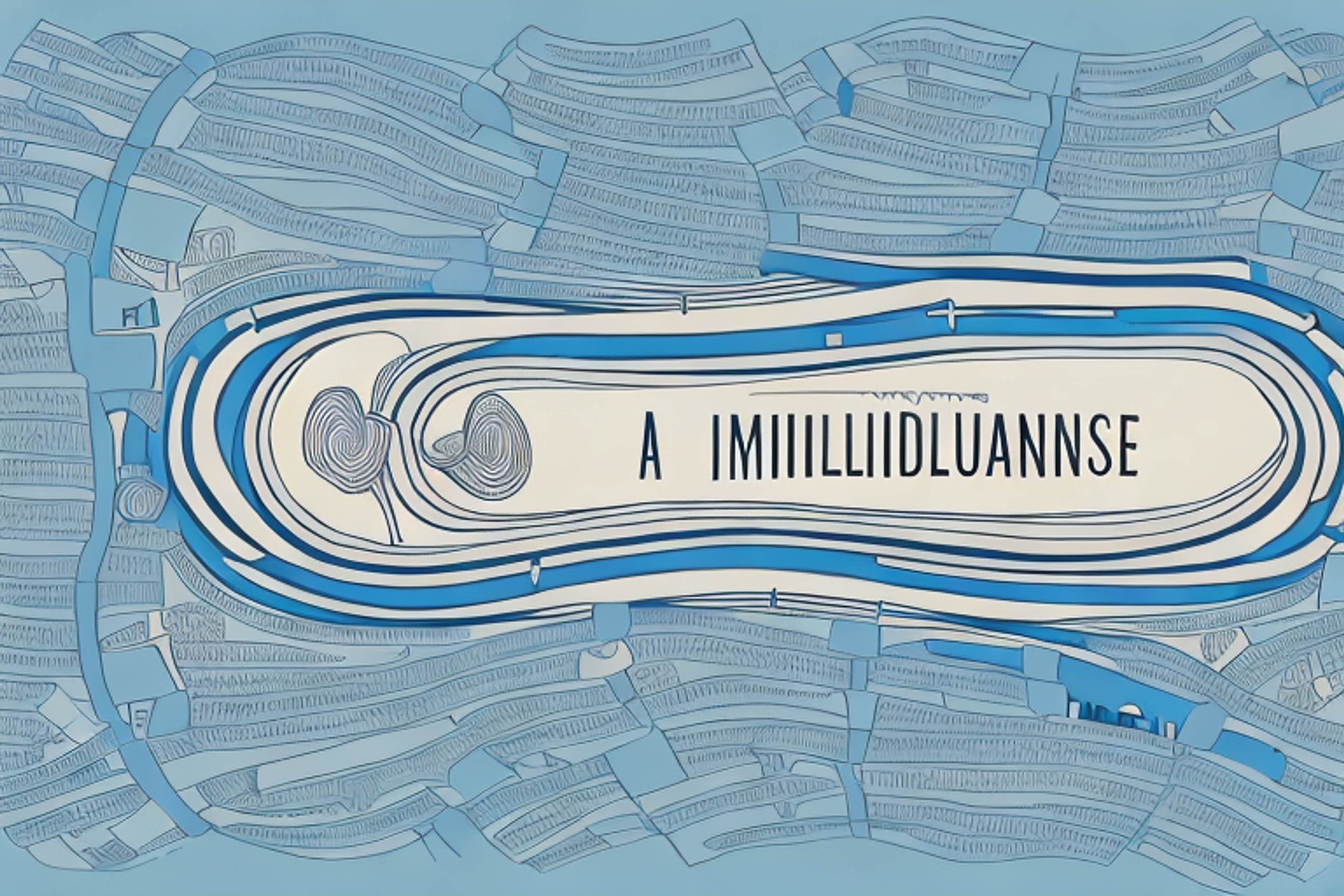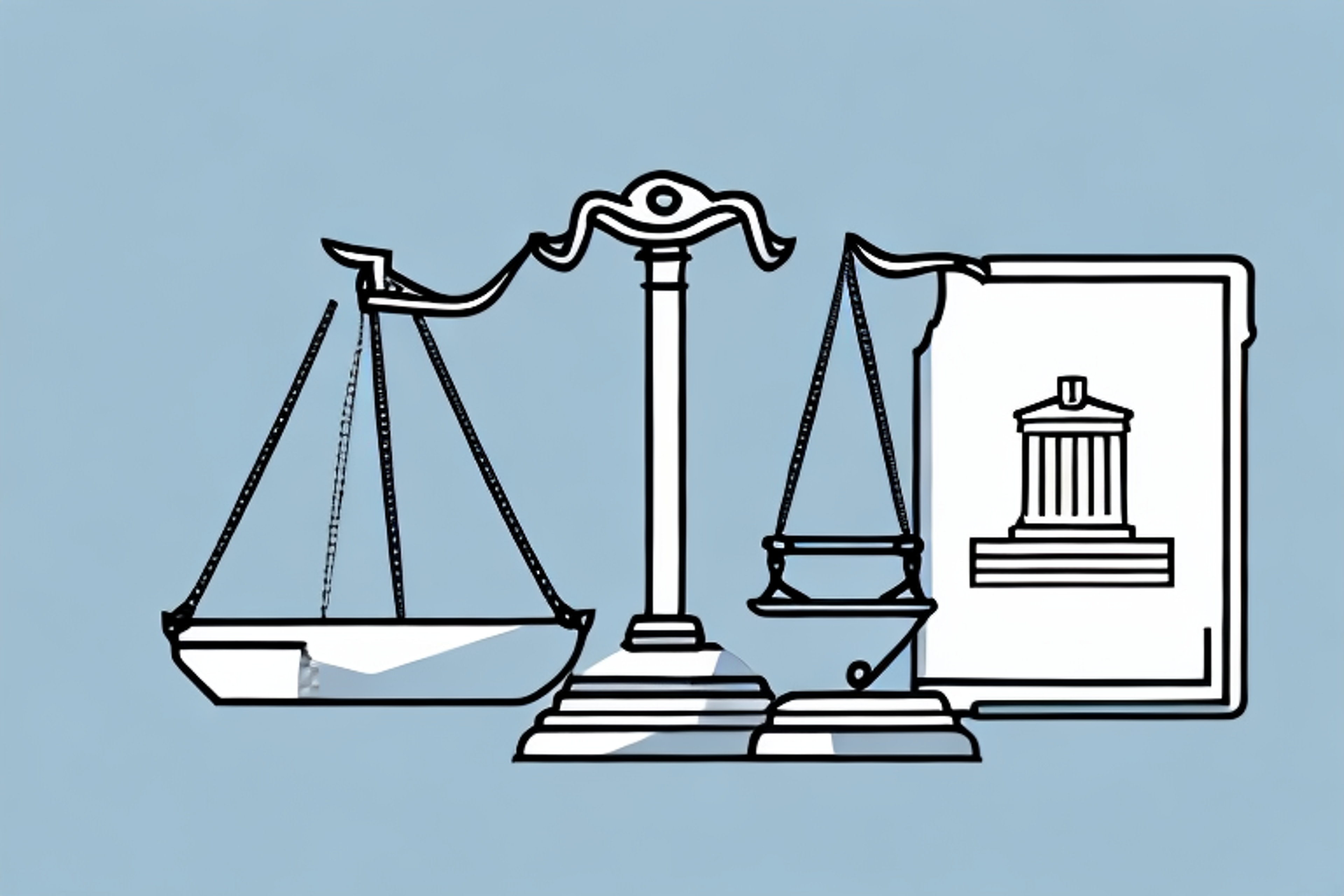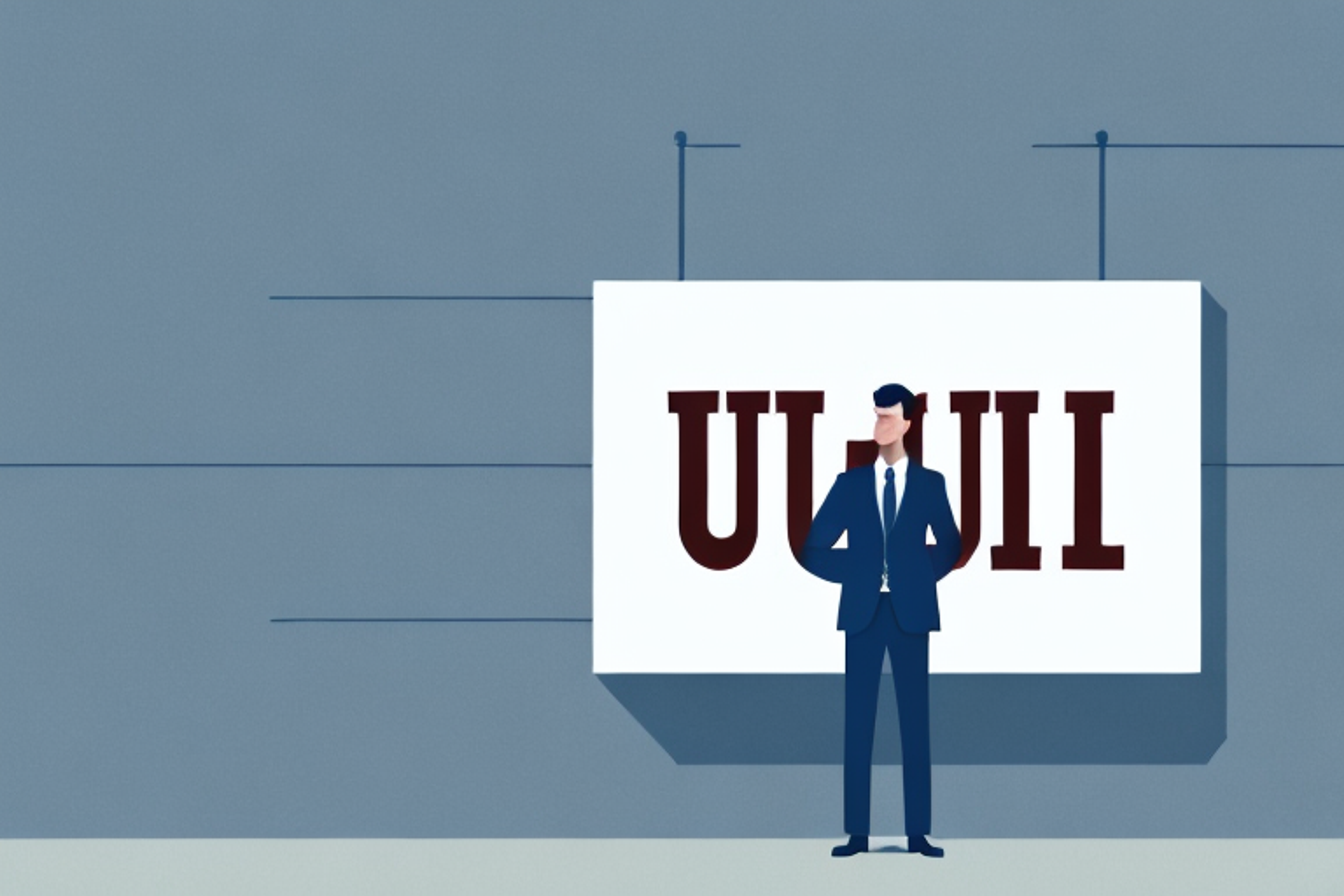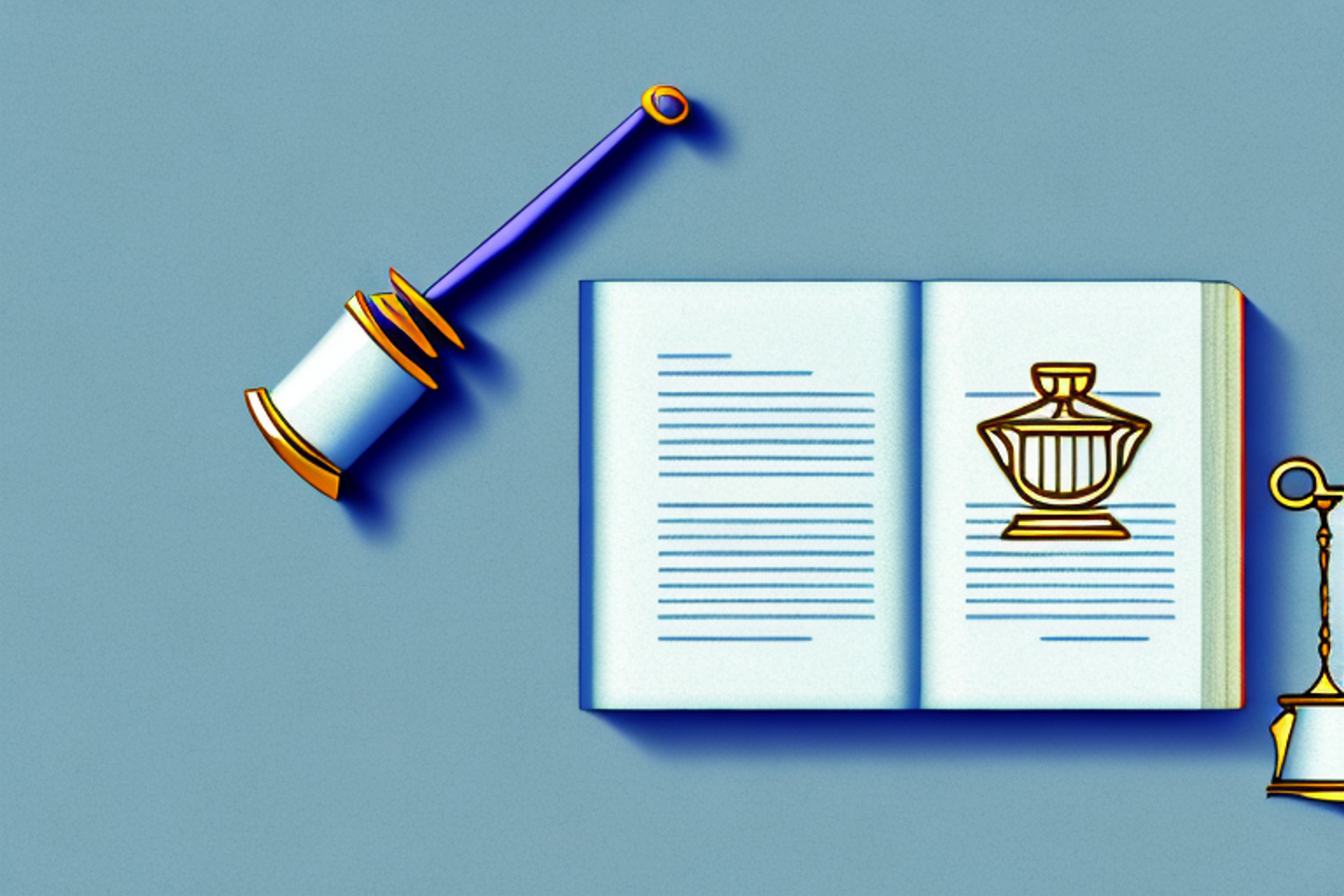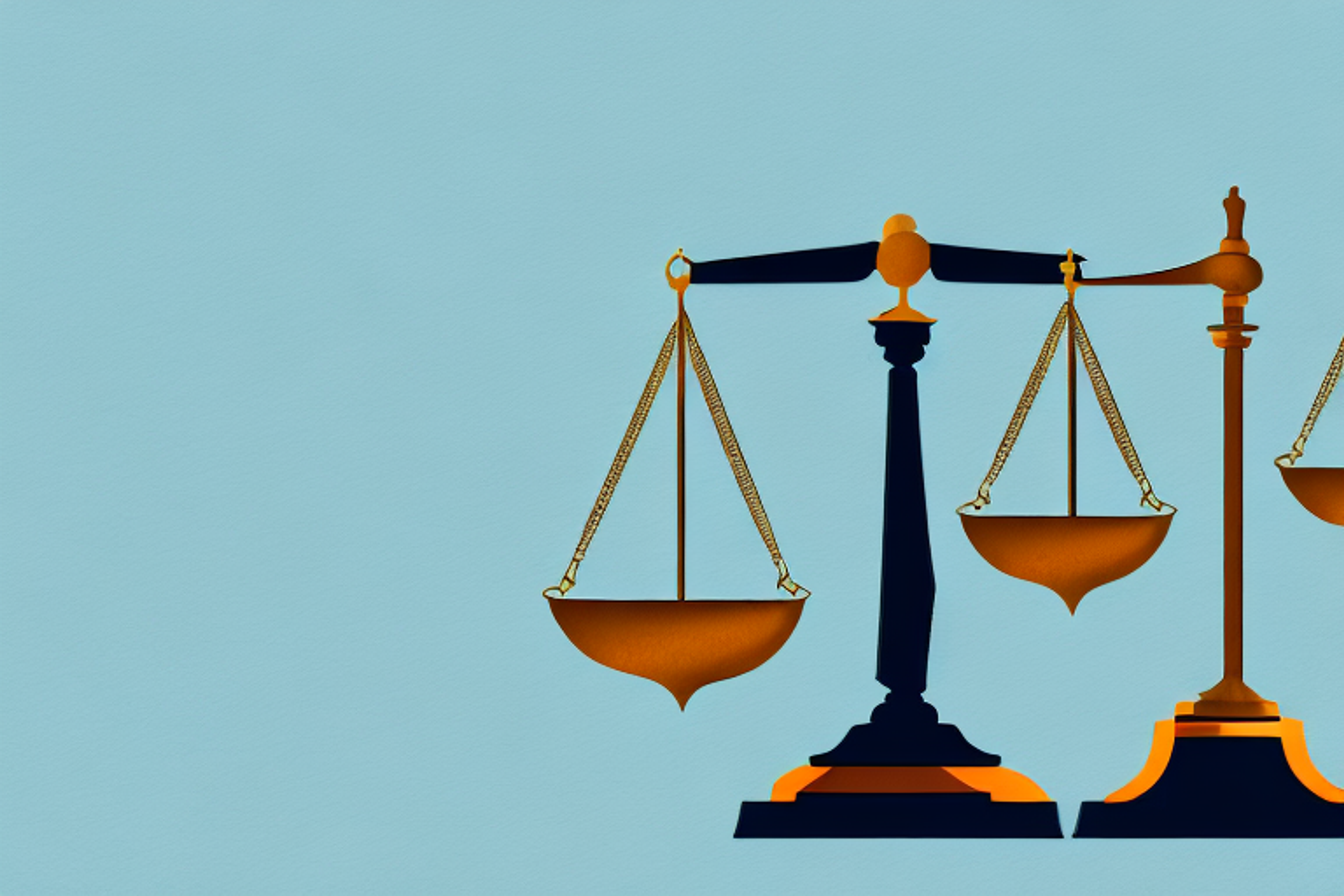Winning at Criminal Law: Key Techniques to Triumph
Looking to succeed in criminal law? This article covers the essential techniques you need to know to come out on top.
Posted March 6, 2025
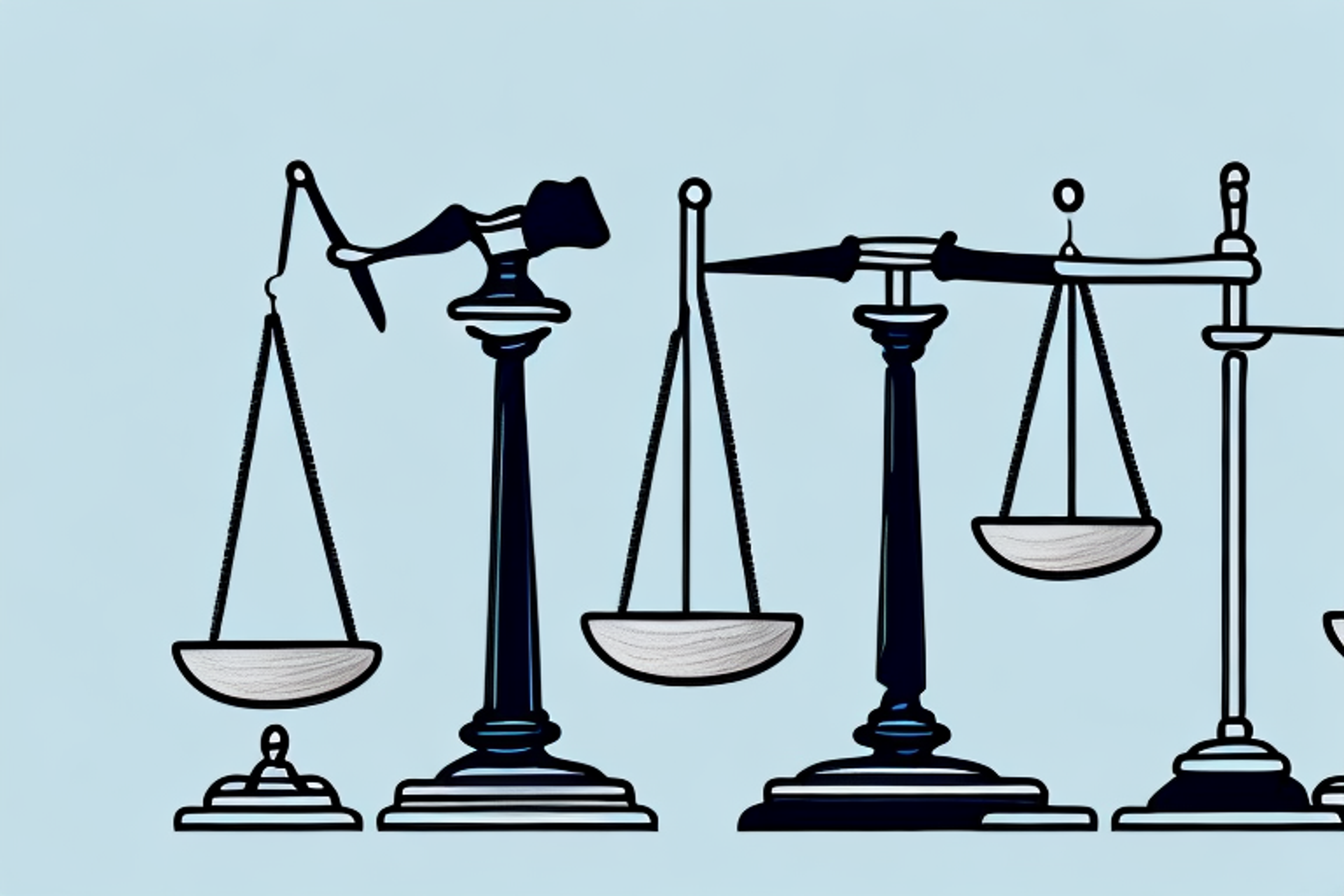
Table of Contents
Facing criminal charges can be an overwhelming and stressful experience, but there are steps you can take to improve your chances of success in court. In this article, we’ll explore the key techniques you need to know to triumph in the criminal justice system.
Understanding the Criminal Justice System: A Primer
Before you can effectively navigate the criminal justice system, you need to have a basic understanding of how it works. The criminal justice system is composed of several key players, including law enforcement officers, prosecutors, judges, and defense attorneys.
After you are arrested, you will be brought before a judge who will inform you of the charges against you and set your bail. If you are unable to afford bail, you will be held in jail until your trial.
During your trial, a prosecutor will attempt to prove that you are guilty of the charges against you. Your defense attorney will work to poke holes in the prosecution’s case and provide evidence that supports your innocence.
If you are found guilty, the judge will sentence you to a punishment that may include fines, community service, probation, or imprisonment. The severity of your punishment will depend on the nature of the crime you committed and your criminal history.
It is important to note that the criminal justice system is not perfect and mistakes can be made. If you believe that you have been wrongfully accused or convicted, you have the right to appeal your case and seek justice.
Building a Strong Defense Strategy for Your Case
To increase your chances of winning your case, you need to have a strong defense strategy in place. This involves conducting a thorough investigation, identifying any weaknesses in the prosecution’s case, and developing a compelling argument that supports your innocence.
Your defense strategy should also involve speaking with witnesses, gathering evidence, and carefully reviewing the charges against you. By taking these steps, you can create a compelling defense that improves your chances of success in court.
It is important to note that building a strong defense strategy also involves working closely with your attorney. Your attorney can provide valuable guidance and support throughout the legal process, helping you to navigate complex legal procedures and make informed decisions about your case.
Knowing Your Rights: The Importance of Legal Representation
One of the most important rights you have when facing criminal charges is the right to legal representation. A skilled defense attorney can help protect your rights, provide expert guidance throughout the legal process, and develop a strong defense strategy that supports your goals.
It’s important to choose an attorney who has experience in your particular type of case and who has a strong track record of success in the courtroom. By working with a skilled defense attorney, you can ensure that you have the best possible chance of success in court.
Additionally, having legal representation can also help alleviate the stress and anxiety that often comes with facing criminal charges. Your attorney can handle the legal aspects of your case, allowing you to focus on your personal life and well-being. They can also provide emotional support and guidance throughout the process, helping you navigate the challenges and uncertainties that may arise.
Mastering the Art of Cross-Examination in Court
One of the most important skills for any defense attorney is the ability to conduct an effective cross-examination. This involves questioning witnesses in a way that brings out weaknesses in the prosecution’s case while also supporting your own defense strategy.
During cross-examination, it’s important to listen carefully to the witness, ask open-ended questions, and focus on specific details that could support your case. With practice and experience, you can develop the skills you need to conduct an effective cross-examination that supports your defense strategy.
Another important aspect of cross-examination is establishing credibility with the witness. This can be done by asking questions that the witness can easily answer truthfully, such as their name and occupation. By establishing a rapport with the witness, you may be able to get them to reveal information that supports your case.
It’s also important to be prepared for unexpected answers or objections from the witness. This means anticipating potential responses and having a plan in place to counter them. By being well-prepared and confident in your questioning, you can effectively challenge the prosecution’s case and support your defense strategy.
Tips and Tricks for Effective Negotiation with Prosecutors
In some cases, it may be possible to negotiate a plea deal with the prosecutor. This involves acknowledging guilt in exchange for a reduced sentence or other benefits in your case.
To negotiate effectively with a prosecutor, it’s important to understand the strengths and weaknesses of your case, have a clear understanding of your options, and work with your defense attorney to develop a compelling argument for why a plea deal is in everyone’s best interests.
It’s also important to approach the negotiation process with a level head and a willingness to compromise. Remember that the prosecutor is not your enemy, but rather someone who is seeking justice for the victim and the community. By showing a willingness to take responsibility for your actions and work towards a resolution that benefits everyone involved, you may be able to secure a more favorable outcome for your case.
The Role of Evidence in Criminal Law Cases
When it comes to criminal law cases, evidence is everything. The prosecution will present evidence to support their case, while your defense team will work to provide evidence that supports your innocence.
To be admissible in court, evidence must be relevant, reliable, and obtained legally. Your defense team will carefully review all evidence presented against you to ensure that it meets these criteria and that your rights are protected throughout the legal process.
It is important to note that not all evidence is created equal. Some types of evidence, such as eyewitness testimony, can be unreliable and subject to bias. Other types of evidence, such as DNA or forensic evidence, can be more objective and carry more weight in court.
Understanding the Burden of Proof and Presumptions in Court
In criminal law cases, the burden of proof is on the prosecution to prove beyond a reasonable doubt that you are guilty of the charges against you. If the prosecution does not meet this burden of proof, the judge or jury must acquit you.
There may also be certain presumptions that apply in your case, such as the presumption of innocence. It’s important to work with your defense team to identify any relevant presumptions and develop a strategy that supports your defense.
Navigating the Appeal Process: How to Contest a Conviction
If you are convicted of a crime, you may have the right to appeal your case. This involves asking a higher court to review the decision made in your case and potentially overturning the conviction.
To successfully navigate the appeals process, you need to work with a skilled appellate attorney who understands the complexities of this legal process. Your attorney will carefully review your case, identify relevant legal arguments, and present a compelling legal argument that supports your appeal.
The Benefits of Hiring a Skilled Criminal Defense Attorney
When facing criminal charges, hiring a skilled defense attorney is one of the most important steps you can take to protect your rights, improve your chances of success in court, and secure the best possible outcome in your case.
A skilled criminal defense attorney will work closely with you throughout the legal process, providing expert guidance, support, and legal representation at every stage of your case. By working with a skilled defense attorney, you can ensure that your rights are protected, your interests are represented, and you have the best possible chance of success in court.
Key Differences between Misdemeanors and Felonies in Criminal Law
When facing criminal charges, it’s important to understand the key differences between misdemeanors and felonies in criminal law. Misdemeanors are less serious offenses, typically punishable by fines, probation, or short jail sentences.
Felonies, on the other hand, are more serious offenses, typically punishable by longer jail sentences, hefty fines, and other penalties. Understanding the differences between these two types of charges can help you work with your defense team to develop a compelling strategy that addresses the specific challenges of your case.
Procedural Safeguards in Criminal Law Cases: Protecting Your Rights
Throughout the legal process, there are several procedural safeguards in place to protect your rights. These include the right to legal representation, the right to remain silent, and the right to a fair trial.
It’s important to work with a skilled defense team that understands these procedural safeguards and that can work to protect your rights throughout the legal process. By working with a skilled defense team, you can ensure that your rights are protected, your interests are represented, and you have the best possible chance of success in court.
Common Defenses Used in Criminal Law Cases
There are several common defenses used in criminal law cases, including self-defense, entrapment, and insanity. Your defense team can help you understand which defenses may be most relevant to your case and work to build a strong legal argument around these defenses.
Whether you’re facing charges for a violent crime, a drug offense, or a white-collar crime, it’s important to work with a skilled defense team that understands the nuances of these different types of cases and that can develop a strategy that supports your specific goals.
The Role of Witnesses and Testimony in Criminal Law Trials
Throughout your trial, witnesses and testimony will play a critical role in determining your innocence or guilt. Your defense team will work to identify relevant witnesses, conduct thorough interviews, and develop a strategy for presenting compelling testimony in court.
Working with a skilled defense team can help you navigate the complexities of witness testimony and ensure that your rights are protected throughout the legal process.
Preparing for Your Day in Court: Steps to Take before Your Trial
Before your trial, it’s important to take several steps to prepare yourself for the legal process. This includes reviewing the charges against you, gathering evidence, and speaking with witnesses who can support your defense.
You should also work with your defense team to develop a helpful legal strategy that supports your goals and protects your rights throughout the legal process. By taking these steps, you can help ensure that you have the best possible chance of success in court.
In conclusion, winning at criminal law requires a combination of legal knowledge, strategic thinking, and skilled representation. By working with a skilled defense team and developing a strong legal strategy that supports your goals, you can improve your chances of success in court and secure the best possible outcome in your case.
